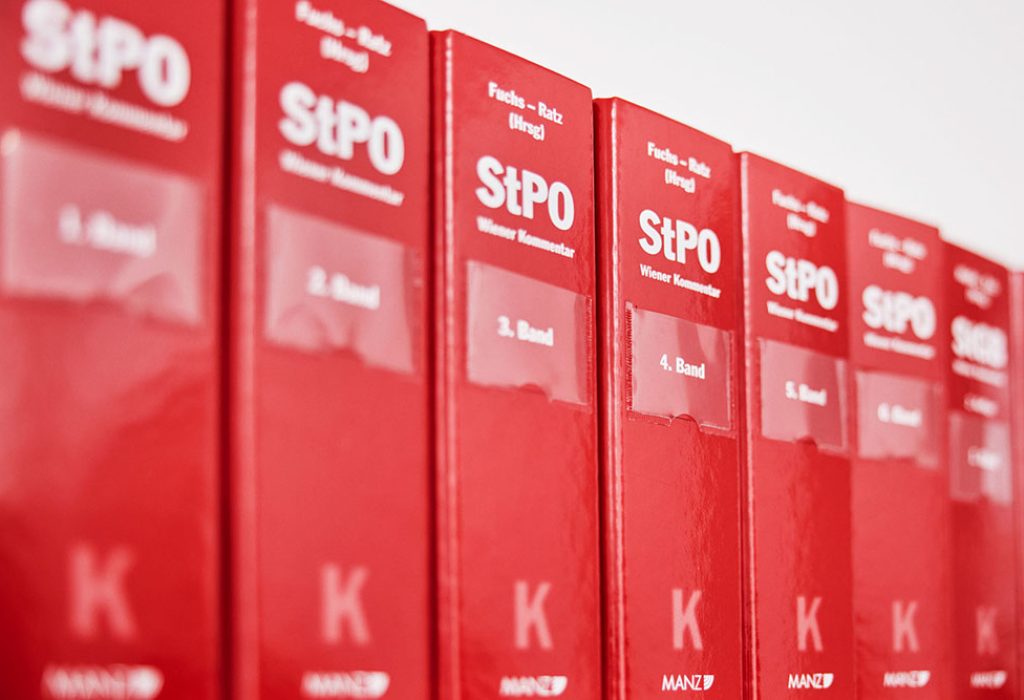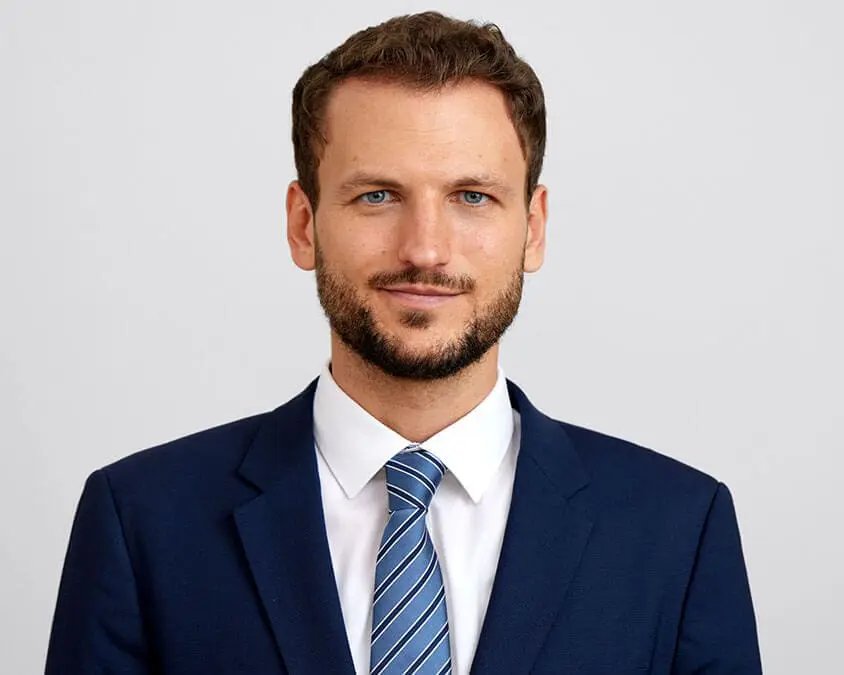When does juvenile criminal law apply?
Juvenile criminal law is governed by the Juvenile Courts Act (JGG) and applies to persons between the ages of 14 and 18 (juveniles) and, in some cases, to young adults up to the age of 21. For underage minors under the age of 14, criminal prosecution is not possible.
The aim of juvenile criminal law is not to deal with criminal offences with mere severity, but to take into account the individual development, environment and maturity of the young person.
The Juvenile Courts Act (JGG) contains numerous special regulations, for example on sentencing and the course of proceedings.
Our services in juvenile criminal law
Our law firm offers young people and their families discreet, personal and professional representation at all stages of the proceedings. Lawyer and criminal defence lawyer Dr. Elias Schönborn takes on the defence of young people on the following charges, among others:
- Fraud (§ 146 StGB),
- Fraudulent misuse of data processing (Section 148a StGB),
- (intentional) bodily harm (§ 83 ff StGB),
- Negligent bodily harm (Section 88 StGB) and (grossly) negligent homicide (Section 80 StGB, Section 81 StGB),
- False evidence (§ 288 StGB) and defamation (§ 297 StGB),
- Damage to property (§ 125 StGB),
- Forgery of documents (Section 223 StGB),
- other selected offences under the German Criminal Code and ancillary criminal laws.
Defence in juvenile criminal law with foresight
Juveniles need special protection in criminal proceedings, clear orientation and a defence concept that secures their future. As a lawyer specialising in juvenile criminal law, Dr Elias Schönborn combines sound expertise with empathy.
We begin by analysing the young person’s personal situation, explaining the special features of juvenile criminal law in a comprehensible manner and developing a tailor-made defence strategy: from the initial police questioning to custody issues and specific investigative activities through to the main trial. In doing so, we consistently examine alternatives to conventional punishment such as discontinuing the investigation or diversion in order to prevent a previous conviction as far as possible.
Successful defence in juvenile criminal law requires more than just knowledge of the law. Decisive factors are the right communication with young people and parents, a feeling for dealing with courts, juvenile court assistance and the public prosecutor’s office as well as appropriate negotiation tactics for the situation.
In a confidential initial consultation, we clarify your questions, examine the prospects of success and determine the next steps – solution-orientated and always with the best possible outcome in mind.



